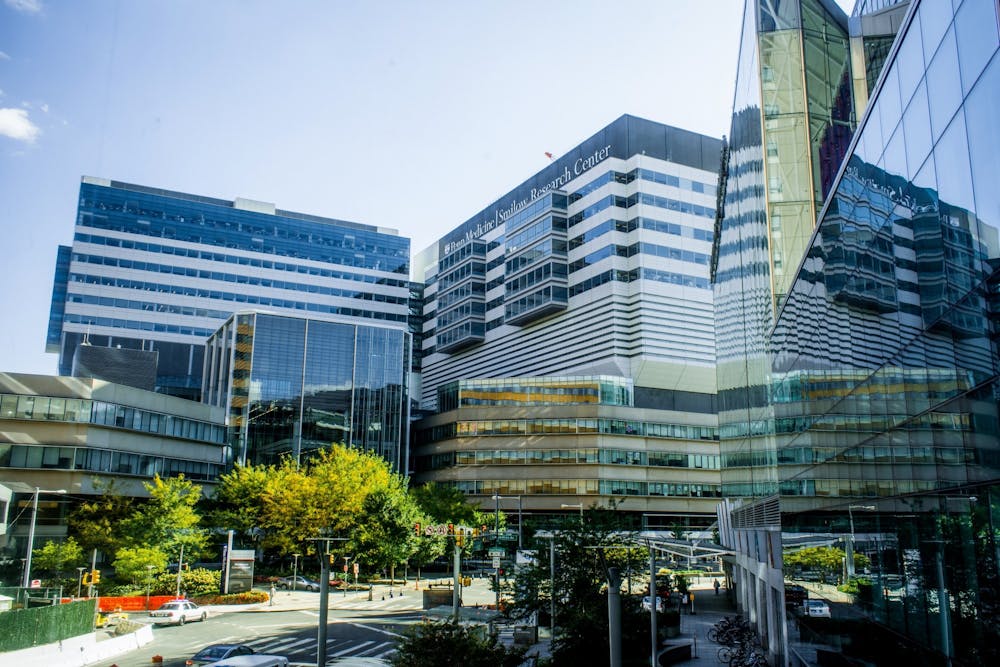A study by the Perelman School of Medicine found that providing financial incentives to hospitals increases treatment rates for patients with opioid use disorder.
The study, published in Psychiatric Services, examined the effectiveness of Pennsylvania’s Opioid Hospital Quality Improvement Program, which offers financial compensation to hospitals that provide treatment to patients who visit an emergency department with complications from opioid use.
Penn Medicine researchers conducted 20 interviews with state hospitals and medical systems to perform their research. They found that hospitals were often on the cusp of extending their opioid medical care, and responded positively to the program’s financial incentives.
“Policymakers have recognized that strengthening the linkage from the [emergency department] to treatment is an opportunity to combat the opioid epidemic,” associate professor of emergency medicine and senior author Zachary Meisel told Penn Medicine News.
Under O-HQIP, hospitals are expected to follow four distinct types of treatment in order to receive payment. This includes the provision of buprenorphine, a drug used to alleviate the effects of opioid withdrawal, at the emergency department and in an outpatient setting. Hospitals must also complete a warm handoff to outpatient treatment, and refer pregnant patients for further intervention. Only partial completion of these steps results in smaller payments.
The study also revealed that many smaller and independent hospitals that treat fewer patients with opioid use disorder chose not to invest in expanding treatment despite the financial incentive, Penn Medicine News reported.
Philadelphia recorded an estimated 920 deaths from opioid overdose in 2019, one of the highest among the nation’s large cities. In January, Penn Medicine researchers found that during the COVID-19 pandemic, opioid overdoses increased among Black Philadelphians by 50% but decreased among white residents.
Director of the Division of Medical Toxicology and Addiction Medicine Initiatives and professor of emergency medicine Jeanmarie Perrone told Penn Medicine News that more research will be needed to improve treatment for patients with opioid use disorder.
RELATED:
Opiate overdoses increase in Black Philadelphians, drop in white residents during COVID-19
Amid a national epidemic, Penn launches a center to study opioid addiction
“Future work is needed to determine the effectiveness in improving patient outcomes not only for this initiative in Pennsylvania but also for emerging treatment methods and payment innovations in the care of patients with opioid use disorder,” Perrone told Penn Medicine News.









